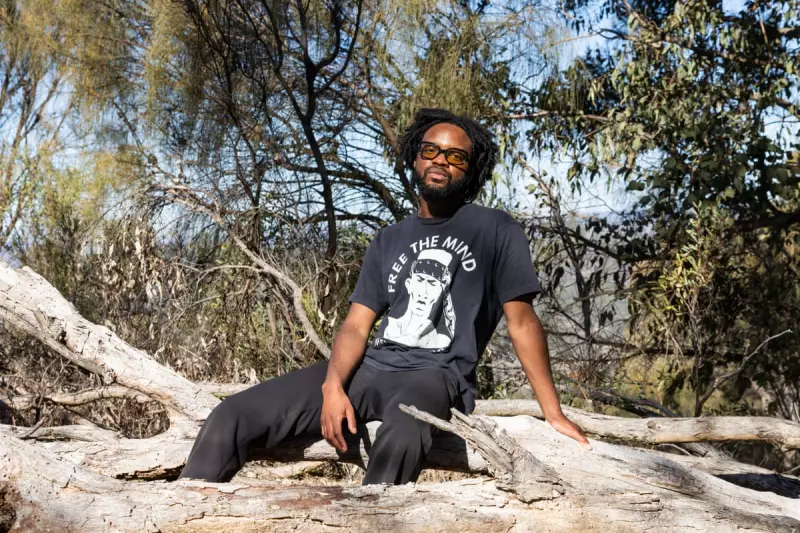
In a blistering critique of contemporary political discourse, award-winning musician Genesis Owusu has condemned the growing trend of blaming marginalised communities for Britain's economic woes.
The Australian-Ghanaian artist, in an exclusive interview with The Guardian, directly challenged politicians and media figures who target immigrants and transgender people during the ongoing cost of living crisis. "We are not each other's enemies," Owusu declared, delivering one of the most potent political statements from the music world this year.
The Real Cost of Scapegoating
Owusu's comments strike at the heart of a heated national debate. As British families grapple with soaring food prices—particularly staples like eggs—and energy bills, he argues that vulnerable groups are being unfairly targeted instead of addressing systemic economic failures.
"Trans people and immigrants aren't the reason your eggs are expensive," he stated bluntly, cutting through what he describes as deliberate political misdirection. His words serve as a direct rebuttal to rhetoric that has gained traction in certain political circles.
Music as a Weapon Against Division
The artist, born Kofi Owusu-Ansah, uses his platform to challenge societal divisions. His critically acclaimed work often explores themes of identity, prejudice, and belonging, making him a unique voice in modern music.
He positions his art as an antidote to division: "I want to weaponise the music to be a force for unity rather than a force for separation." This philosophy extends beyond his lyrics into his public statements, where he consistently advocates for solidarity among struggling communities.
A Call for United Fronts
Rather than pitting groups against each other, Owusu urges recognition of shared economic struggles. He emphasises that the true causes of inflation—corporate profits, supply chain issues, and policy decisions—are being obscured by culture war battles.
His message arrives during a particularly tense period in UK politics, where immigration and transgender rights remain fiercely contested issues. Owsu's intervention provides a cultural counterweight to political narratives that blame societal problems on minority groups.
The artist's powerful stance demonstrates how cultural figures are increasingly engaging with political debates, particularly those affecting young and marginalised Britons. His words resonate beyond the music industry, offering a compelling call for unity in economically challenging times.





